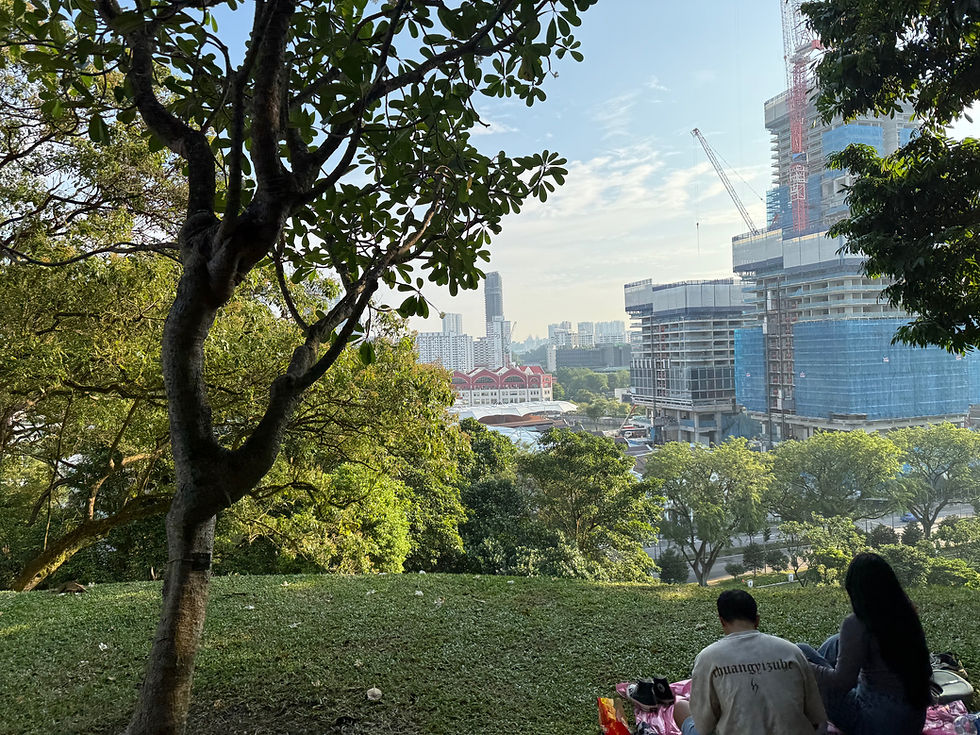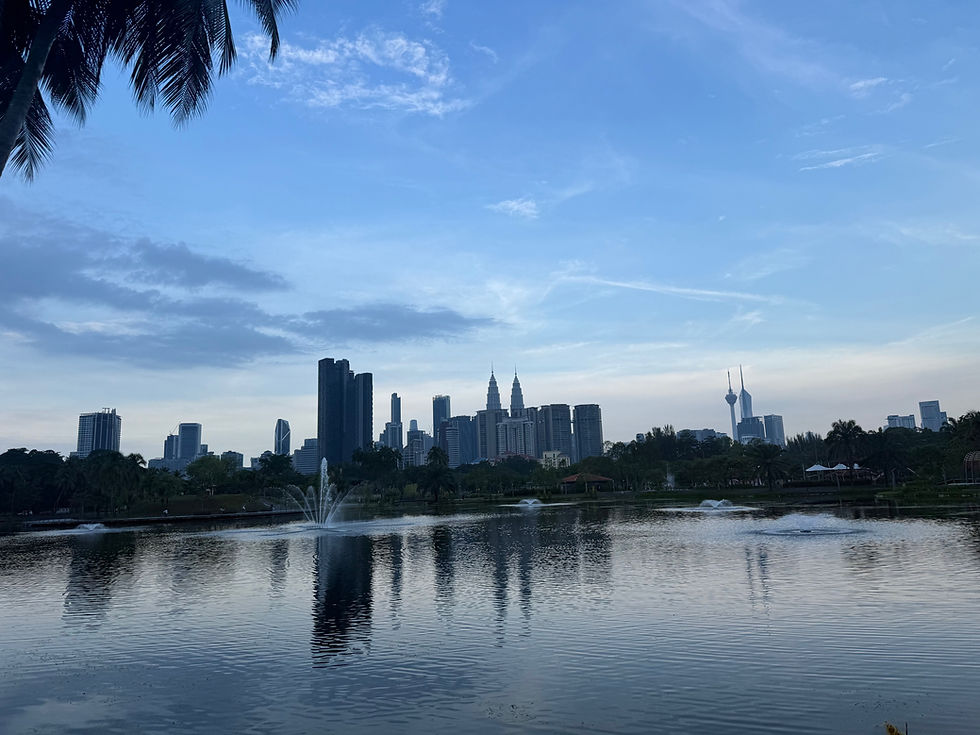Be Mindful of Left Hand Turns: Latin America's Renewed Flirtation with the Left
- Nikola Ranick
- Dec 28, 2021
- 4 min read
Updated: Dec 29, 2021
Less So Organic, Moreso Anti-Incumbent and Politically Mature

New Year, New You, but, as anyone who ever claimed a New Year's Resolution admits, the start of a new cycle always roots in habits of old. Look no further than Latin America for this embodiment. Although historically tending to military regimes and socially conservative politics, the economic essence of Lower America has consistently tinged with strong state control. The degree of regulation, public expenditure, and government guidance makes faint even the most passionate Democratic Socialist in America. This tide largely subsided with the so-called Pink Wave of the Mid 2010’s which brought to power the likes of Bolsonaro in Brazil, Macri in Argentina, and Duque in Colombia. Now, despite some loud exceptions, the pendulum appears to have swung back, with leftist wins in Mexico, Argentina, Peru, Chile, and, perhaps, imminent wins to unfold in Brazil and Colombia.

Have no fear, fascistas! This author is less so-convinced of an emerging tide of leftism (which it must be said, values and enhances democracy in comparison to communist horrors in Cuba and Venezuela) and instead considers the factor of anti-incumbency. Look no further than in one of the few leftists exceptions, Ecuador, where businessmen, now-President Guillermo Lasso’s very election was in an outsider mold. Mr. Lasso’s brand of politics was anathema to the long running rule of leftist (and former President) Rafael Correa and his large social welfare model. With Lasso facing off against a Correa proxy, the corresponding result rejected both leftist Latin American politics and Ecuadorian incumbency.

The same can be said in Uruguay where the long ruling center-left mold embodied by the Broad Front fell in favor of more liberalizing reforms proposed by Luis Lacalle Poe. Even in a tiny and affluent country that significantly minimized its Covid outbreak, there was a desire for change in any direction as opposed to traditional leftist fervor. The same formula of insider defeat has (and is still) occurring in Mexico as AMLO’s victory presented the first genuine leftist government in decades, as well as defeated the long-institutionalized PRI’s enduring parliamentary majority. Interestingly, AMLO himself has governed as more of a purebred outsider than someone interested in fiscal grandeur. After all, his government was notorious for having one of the smallest Covid recovery packages in the world.
This author further backs his argument in pointing to the nuances of the current Latin American Left in Power. Peru essentially experienced a reverse-Ecuador. The ever-present hand of the quasi-fascist Fujimori Political Dynasty historically pushed politics (and so, so many presidential impeachments) in the country to the point where this style of no-prisoner politics could be viewed as incumbent moreso than the succession of technocratic or hamstrung presidents and their parties of recent. In this respect then was the far left Pedro Castillo’s victory over Keiko Fuijmori an embodiment of political evolution and a push for new style rather than just an increased flirtation to the left. After all, turnout in the second round plummeted amidst voter disillusionment with the extremes. One could argue the same extends to Chile, where economically conservative politics have been the norm since the fall of Pinochet, even as presidential priority swang between center-right and center-left. Arguably, the leftist gains in the upcoming Constitution and President-elect Gabriel Boric are themselves an over-correction of previous political under-representation. Of course, the full scale of constitutional change is yet to be seen via both the finalized constitution and the degree of reforms pushed through by the new government
As for upcoming elections in Brazil and Colombia, Let’s make it clear that anything could still happen in either. And yet, in Bogota, the disappointing far right presidency of Duque was largely enveloped in the fold of his mentor, Alvaro Uribe, himself a ferventt far right militant. The possible election of Gustavo Petro in next year’s presidential race would mark the first significantly leftist president in Colombia’s right wing history, a presidency which this author sees as diet-left vs. anything the now-defunct armed rebel group FARC had to offer in its political persuasions. And in Brazil, chaos reigns as usual. São Paolo

may be the most profound argument against anti-incumbency, as the PT (Workers Party) have a long track record of Brazilian Governance in the 21st Century. Yet the institutional longevity of El Centrão, a parliamentary committee notorious for its shifting center right allegiances in exchange for political pork, provide an antithetical incumbent face. Indeed, the group currently wields significant governmental authority in the wake of a recent partnership with Bolsonaro. The defeat of Bolsonaro, and therefore the preference of El Centrão, at the height of its power could itself be seen as an incumbent backlash even if reality adds nuance.
Nonetheless, this author is optimistic of these trends. Sure, anger at establishment point to social unrest and citizen frustration, but the genuine democratic ability to campaign and elect change within democratic institutions- and by offering new solutions- is itself a signal of political maturity. The ability for Colombian and Chilean society to mobilize for a new social contract alongside the downfall of entrenched elites in Brazil, Uruguay, Peru, Mexico, and Ecuador is healthy for a region whose democracies have too often flirted unnecessarily with endemic corruption and political populism. If there is any positive point to the tragically high Covid death rate in Latin America, it is that it forced necessary conversation, mobilization, and activation of change in a region which too often trumpets how sick and tired it is without embracing any potential solutions. Time to put your money where your mouth is, Latin America!
{Chile and Colombia-Two Countries Having Seen Great Protests for Social Change}








Comments